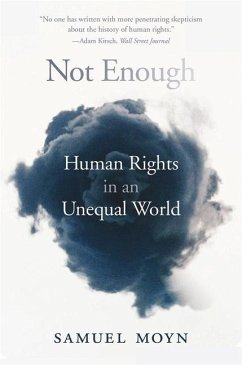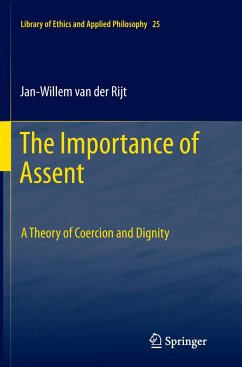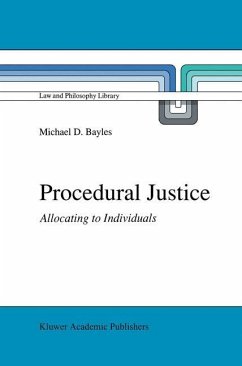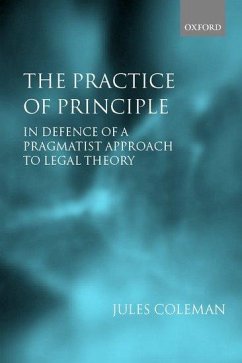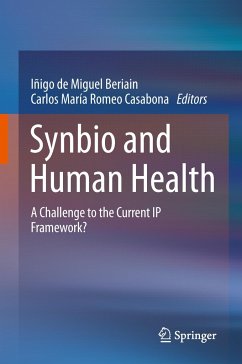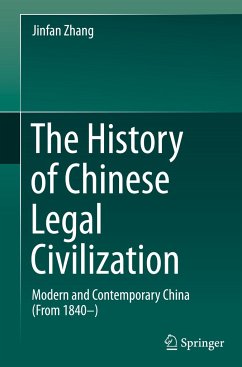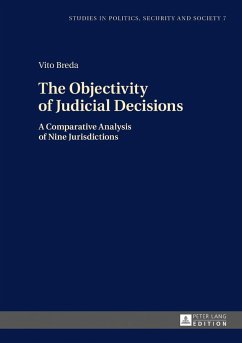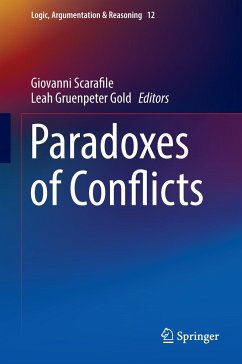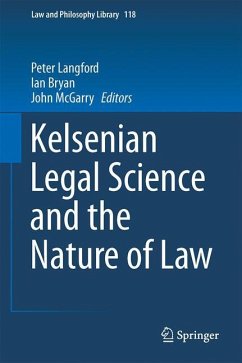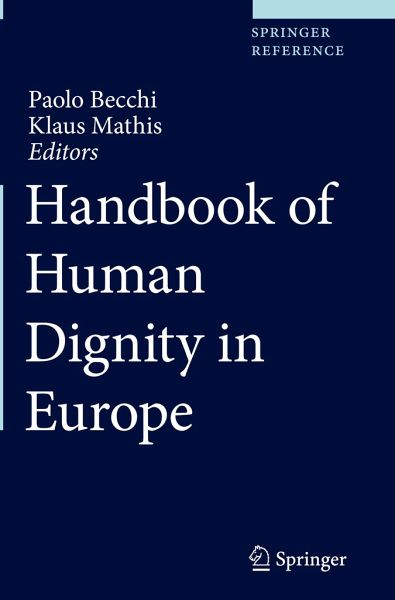
Handbook of Human Dignity in Europe
Versandkostenfrei!
Versandfertig in 6-10 Tagen
566,99 €
inkl. MwSt.

PAYBACK Punkte
283 °P sammeln!
This handbook provides a systematic overview of the legal concept and the meaning of human dignity for each European state and the European Union. For each of these 43 countries and the EU, it scrutinizes three main aspects: the constitution, legislation, and application of law (court rulings). The book addresses and presents answers to important questions relating to the concept of human dignity. These questions include the following: What is the meaning of human dignity? What is the legal status of the respective human dignity norms? Are human dignity norms of a programmatic nature, or do th...
This handbook provides a systematic overview of the legal concept and the meaning of human dignity for each European state and the European Union. For each of these 43 countries and the EU, it scrutinizes three main aspects: the constitution, legislation, and application of law (court rulings). The book addresses and presents answers to important questions relating to the concept of human dignity. These questions include the following: What is the meaning of human dignity? What is the legal status of the respective human dignity norms? Are human dignity norms of a programmatic nature, or do they establish an individual right which can be invoked before court? Is human dignity inviolable? The volume answers these questions from the perspectives of all European countries.
As a reaction to the barbaric events during World War II, human dignity (dignitas) found its way into international law. Article 1 of the Universal Declaration of Human Rights (UDHR) states that "[a]llhuman beings are born free and equal in dignity and rights." The starting point for developing the concept on a national level was the codification of human dignity in article 1, paragraph 1 of the German Grundgesetz. Consequently, the concept of human dignity spread throughout Europe and, in the context of human rights, became a fundamental legal concept.
As a reaction to the barbaric events during World War II, human dignity (dignitas) found its way into international law. Article 1 of the Universal Declaration of Human Rights (UDHR) states that "[a]llhuman beings are born free and equal in dignity and rights." The starting point for developing the concept on a national level was the codification of human dignity in article 1, paragraph 1 of the German Grundgesetz. Consequently, the concept of human dignity spread throughout Europe and, in the context of human rights, became a fundamental legal concept.



